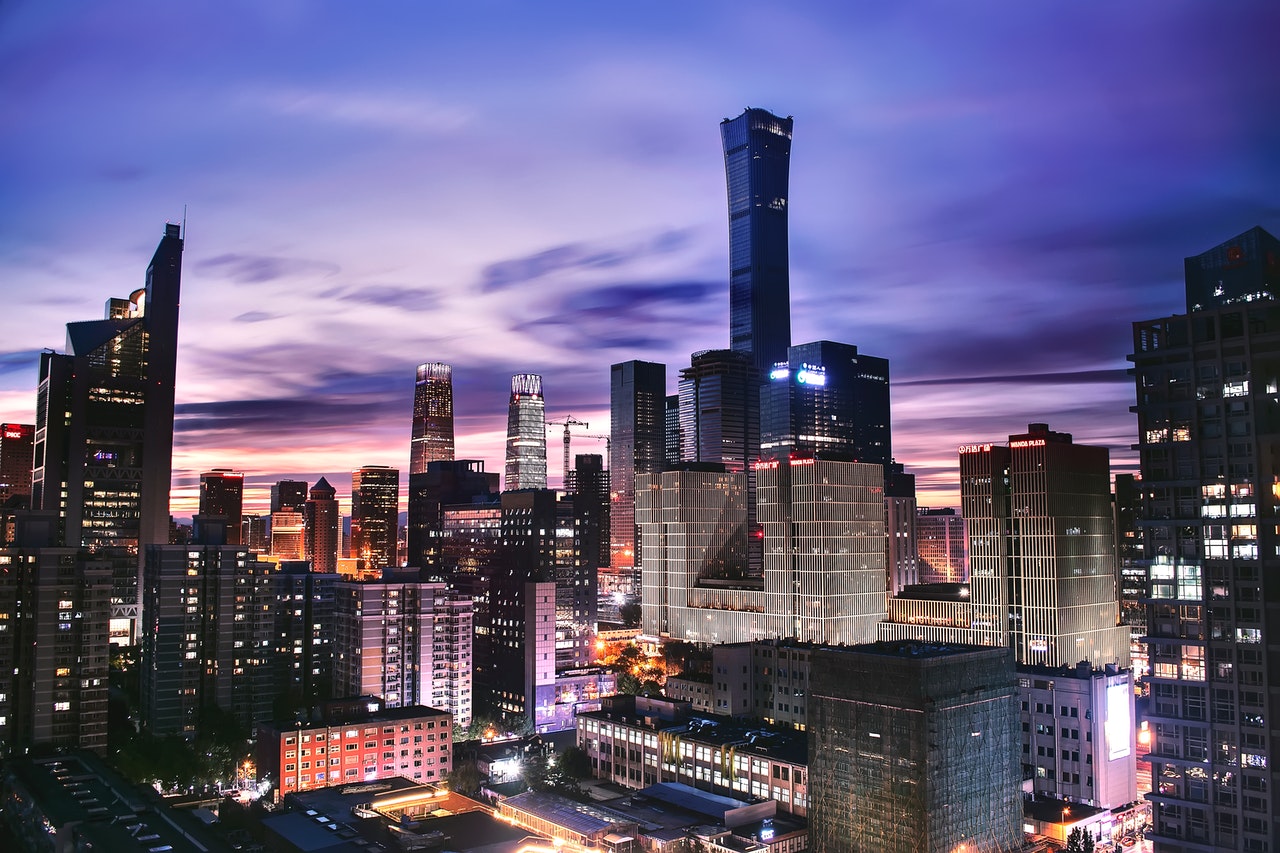Chinese investment in Australia: tighter controls
China is a major investor for many countries. Its capital is usually present in all promising markets, without missing the opportunity to invest in profitable projects. But the coronavirus pandemic has had serious consequences even for such a sustainable economy. Statistics have shown that Chinese investment in Australia has fallen by almost 50%. The reason was the strengthening of monitoring of foreign financial flows by China.
Now the volume of investments into the country is about $8.4 billion, which is a significant reduction of Chinese assets. Experts attribute this fact to the strengthening of control within China. The authorities strictly monitor in which markets their citizens invest. Moreover, financing has been cut not only to the Australian economy, other countries have also suffered.
The reason for such actions on the part of China was a number of factors, including the situation that arose in 2018-2019, when Beijing was accused of interference in the internal affairs of the country. After that, Australia stopped all work with Huawei, which was associated with the 5G network. Canberra then changed some provisions, which gave it the opportunity to control and prohibit the use of foreign investment in areas considered strategically important for the country. The acquisition of real estate by foreign citizens also fell within such tightened rules.

Last fall, an Australian representative visited Beijing to explain the new investment rules, while stressing that the foreign capital financing regime is not discriminatory. Australian government agencies are now working closely together to understand how much foreign investment is in the rare earths mining industry.
It is worth noting that Australia clearly monitors capital flows. Last year, the number of Chinese investments that were approved by the government decreased by 1915 deals, to 4901. Their value has been reduced by 45%. If before it was sent 23.7 billion Australian dollars, now the figure is 13 billion. This figure is the lowest since 2016. However, despite the outflow of investments from China, Hong Kong is actively entering the Australian market. Within two years, the government of the country approved the investment of Hong Kong in the amount of 9.3 billion dollars against 2.8 billion dollars that were observed before.
The largest investors in Australia, as well as several recent years, remain the United States. China has shifted from second to fifth position, ahead of Canada, Japan and Singapore.
The measures taken by the authorities have become even tougher due to the coronavirus pandemic, so we can expect even greater reductions in investment.
